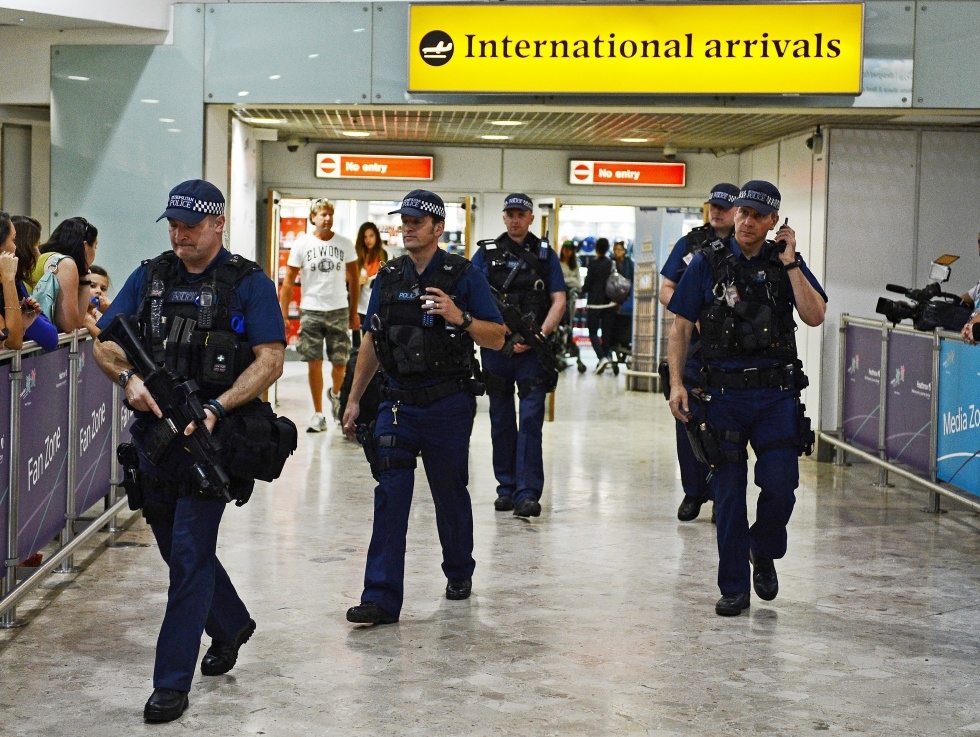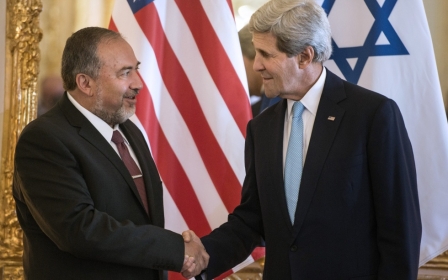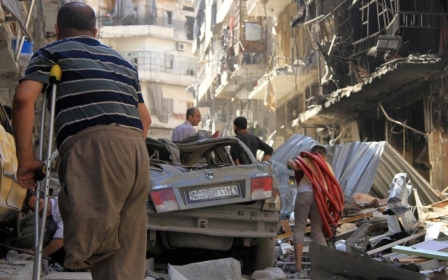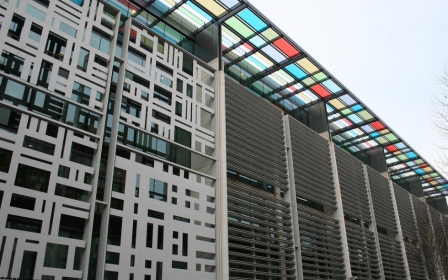West boosts security over fears of Mideast 'radicals'

France on Friday said it is boosting passenger screening at its airports, responding to a request from Washington for extra security for US-bound flights over fears Middle East radicals could be plotting new attacks using hard-to-detect bombs.
The French move, to come into force next Monday and Tuesday, follows similar action already implemented by Britain, and notably impacts Europe's two busiest hubs, Heathrow and Charles de Gaulle.
Combined, an average 2.5 million passengers a day pass through the two airports.
French and British authorities urged passengers to allow extra time to get past the additional measures, which were not specified but were believed to focus on footwear and electronic items such as mobile phones and computers.
US officials on Wednesday publicly demanded enhanced security for airports in Europe and the Middle East which have direct US flights. They did not say whether they had intelligence about a specific plot, but their actions suggested alarm.
The request was "based on real-time intelligence", according to a US Homeland Security Department official, who spoke on condition of anonymity.
IS leader on US kill list
The development came as the Obama administration has reportedly given the green light to US forces to kill leaders of the Islamic State (IS) through targeted strikes.
On Thursday, the US embassy in Uganda warned of a possible plot targeting Entebbe airport that serves the capital Kampala, for later that day. But the danger period elapsed without incident.
The American embassy in Algiers has warned of a possible attack by "an unspecified terrorist group" over the weekend and advised its staff to avoid US-operated hotels.
Western intelligence services are concerned that hundreds of radicals travelling from Europe to fight in the Middle East could pose a security risk on their return. Most European passport-holders do not need a visa to travel to the United States.
US and other intelligence services believe Al-Qaeda in the Arabian Peninsula (AQAP) is passing on sophisticated bombmaking expertise to militants fighting in Syria for use against Western targets -- most prominently, passenger aircraft.
Screening people 'coming from specific countries'
Belgian Interior Minister Joelle Milquet, whose country is also stepping up airport security, told RTL-TVI on Thursday the measures would focus on electronic equipment such as tablets, computers and mobile phones "to make sure there are no explosives".
Britain downplayed the extra delays passengers would face, with Prime Minister David Cameron saying: "The safety of the travelling public must come first -- we mustn't take any risks."
His office said there was an "evolving threat" but declined to provide further details.
Although it implemented the additional security from Thursday, Britain was keeping its international terror threat level unchanged at substantial, the third highest grade out of five, where it has been since July 2011.
Aviation expert Jeff Price told AFP that the "usual suspects are AQAP down in Yemen and certain areas in Afghanistan. You got Iraq, you got Syria which is gigantically variable."
"There's a variety of measures", said Price, which include "holding more people aside for a secondary screening, putting more detection behaviour personnel within the screening checkpoints and down at the checkbags, pulling more bags aside for random screening, particularly for people coming from specific countries."
New MEE newsletter: Jerusalem Dispatch
Sign up to get the latest insights and analysis on Israel-Palestine, alongside Turkey Unpacked and other MEE newsletters
Middle East Eye delivers independent and unrivalled coverage and analysis of the Middle East, North Africa and beyond. To learn more about republishing this content and the associated fees, please fill out this form. More about MEE can be found here.




